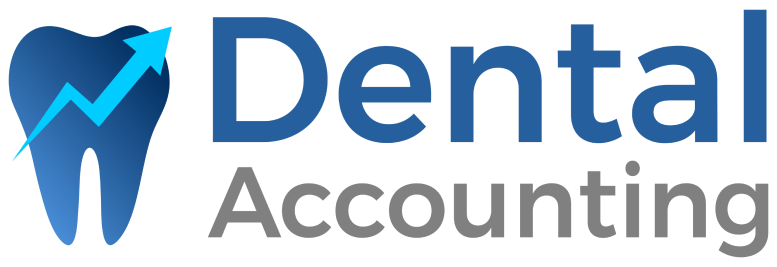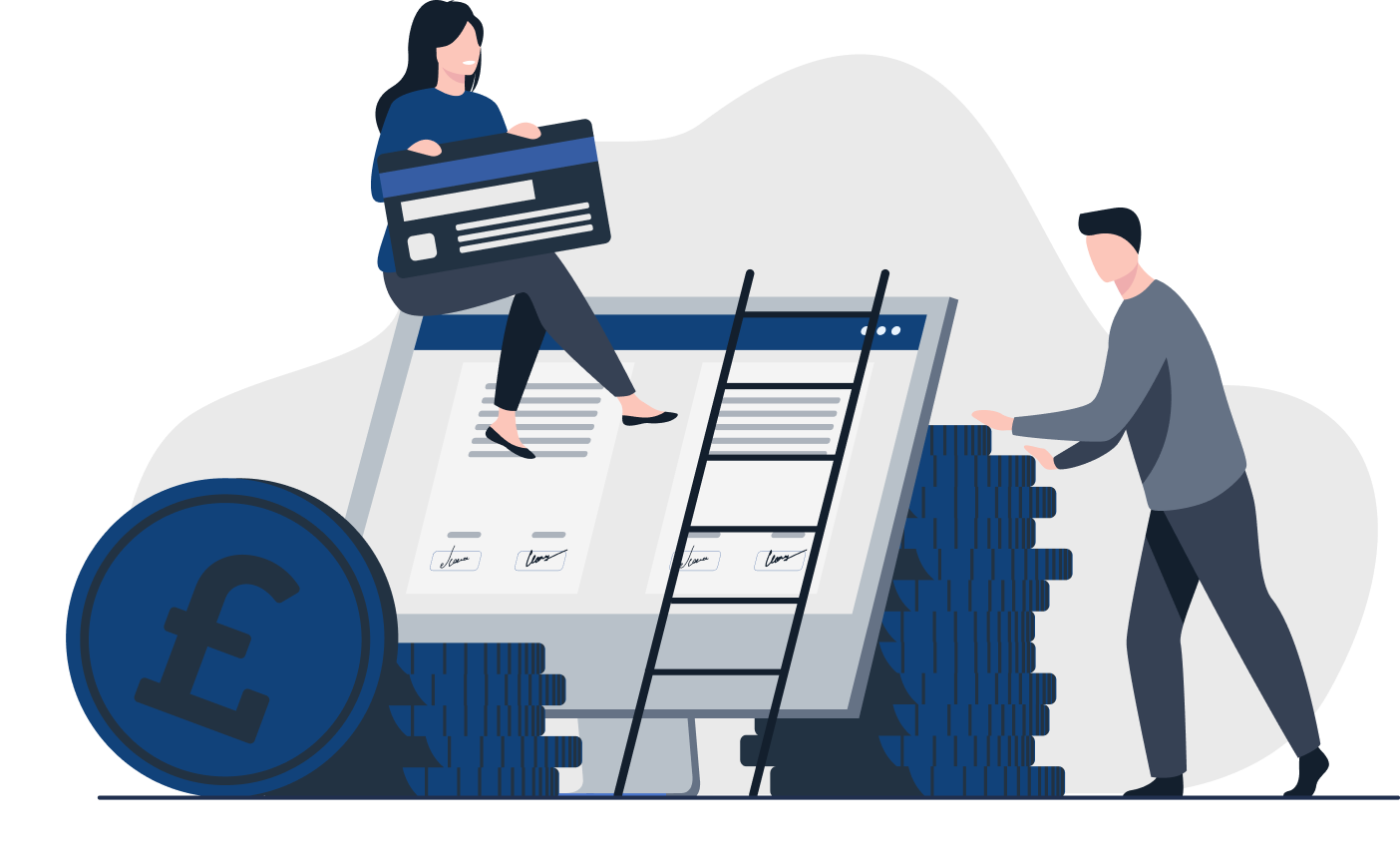Sole Trader
A sole trader business (or being self-employed as its commonly known) is the simplest type of business, as it’s the easiest to set up and run. A sole trader is defined by the fact that one person is solely responsible for the business. It means that a sole trader is entitled to keep any after-tax profits they make.
Operating as a sole trader
The business will be set up under your name and you are entitled to keep all of the profits. But this means you are also responsible for the tax owed, along with any debts incurred by the business. In essence, as a sole trader, you are the business.
Advantages:
* Simple to operate, and easy to set up and close down
* You don’t have to worry about salary and dividends
* You don’t have to deal with Companies House, only HMRC
Disadvantages:
* You are personally liable for the debts of the business
* Restricted to one owner
Registering as a sole trader
If you decide to start working for yourself, you must inform HMRC of your decision, regardless of whether you already complete a Self Assessment tax return. It is best to register with HMRC as soon as you start trading. The latest you can register is by the 5th October in your business’ second tax year. HMRC can issue penalties for late registration, so it’s in your best interests to do this on time! Registering with HMRC is very straight forward, you simply need to complete a CWF1 form, which can be provided by Dental Accounting.
UTR number
A Unique Tax Reference (UTR) is a reference number assigned by HMRC to identify you as a tax payer. You should quote this number whenever you correspond with HMRC. If you register as self-employed, HMRC will issue your UTR number automatically, usually within 28 days.
Completing your bookkeeping
Bookkeeping is the recording of your day-to-day transactions on a system, such as a spreadsheet or software. These transactions are then used as a basis for completing your accounts and tax returns. No matter how big or small your business is you will need to ensure you keep accurate bookkeeping records, to manage your overall finances and get a view of everyday expenses.
We recommend using Dental Accounting for your bookkeeping to take the stress away.
Claiming your business expenses
Different types of business will have different types of expenditure. But as a general rule the vast majority of business expenditure is allowable, even expenses you have incurred personally for business purposes.
The most common business expenses are:
- Motor expenses (mileage)
- Staff costs and wages
- Use of home as an office (rates and utility bills)
- Material and equipment purchases
- Admin costs (telephone and internet)
- Advertising and marketing costs
- Business insurances
- Repairs and renewals
- Work clothing
- Staff training
- Professional fees (accountants and lawyers etc.)
- Travel and subsistence
- Bank charges and interest
- Capital expenditure (equipment or furniture etc.)
- Entertaining costs
- Membership and subscription fees
Tax Year
The tax year is the period in which you are taxed by HMRC. In the UK, it is the 6th – 5th April each year.
A sole trader’s financial year can be different. usually due to the sole trader starting to trade part way through a tax year and opting for their year-end to be one year from the date of commencement. However, most sole traders will set their period end as the 5th April so that it falls in line with the tax year. This is the more straight forward option.
Income tax and NI
Every person in the UK is entitled to a tax free allowance. This is the amount of profit than can be earned before any tax is payable. Over the allowances, the rates are 20% tax, increasing to 40% above another threshold, and 9% national insurance. These rates can change on annual basis.
Paying your tax bill
Your tax is due before the 31st January, following the tax year end.
If your tax bill is over £1,000, then you must make payments on account. This means that HMRC will collect your tax plus the current year’s tax in two payments; one payment before 31st January and the second before 31st July. You can pay your tax bill using bank transfer direct to HMRC or setting up direct debit.
Completing your accounts
If we are completing your accounts and accompanying tax returns we follow this simple three step process:
- We send you a reminder: – to let you know when your accounts are due and ask for your bookkeeping records.
- We compile your accounts: – after your accounts are completed, they’ll be double checked by a Dental Accountant.
- We submit your accounts: – once we’ve received your approval, we’ll submit your accounts and returns to HMRC.
Deadlines and penalties for late submission
The tax return deadline is 31st January following the tax year end.
Failure to submit your accounts on time will result in a £100 penalty from HMRC. This penalty will rise incrementally until the return is submitted. The same penalty will be applied again every six months until the accounts and tax return are submitted.
Accounts approval
We are unable to submit your accounts to HMRC until we have received your approval. So to avoid any unnecessary penalties, please keep an eye out for emails from your Dental Accountant requesting this approval.
Taking money out of business
As a sole trader, the profits generated from the business belong to you. You can simply take money from your business as and when you need it.
Limited Company
A limited company is a type of business where the owner’s liability is limited to the amount they have invested in the shares or guaranteed to the company. In other words, the owners of a limited company are not personally liable for the debts of the company.
Operating as a limited company:
Small businesses generally choose to trade through a limited company as they can be much more tax efficient compared with trading as a sole trader or partnership. It does, however, need to be structured in the right way to take advantage of the savings available. Luckily we are here to help you with this!
A limited company is a completely separate entity from its owners.
Everything from the company bank account, to ownership of assets and any involvement in tenders or contracts is purely company business and separate from the interests of the company’s owners or shareholders. In comparison, a sole trader and their business are treated as a single entity for tax and administrative purposes.
Incorporating a limited company:
Incorporating (creating) your limited company is relatively straight forward.
There are just three simple steps:
1. Decide who the director(s) is going to be: – the director is the person that will be responsible for running the company, along with the shareholders.
2. Decide who the shareholder(s) is going to be: – the shareholder(s) will be the person(s) who will own the company. The directors and shareholders are often the same people in small limited companies and can be just one person.
3. Register with Companies House: – once you have chosen your director, you will need to get a formation agent or accounting practice to register your company with Companies House. This can usually be done within 24 hours.
UTR number
A Unique Tax Reference (UTR) is a number assigned by HMRC to identify your company as a tax payer. This number is assigned automatically after the company is registered with companies house (usually within 28 days). If you’re a director, you will also have a personal UTR number, which relates to your personal tax affairs.
Completing your bookkeeping
Bookkeeping is the recording of your day-to-day transactions on a system, such as a spreadsheet or software. These transactions are then used as a basis for completing your accounts and tax returns.
No matter how big or small your business is you will need to ensure you keep accurate bookkeeping records, to manage your overall finances and get a view of everyday expenses.
We recommend completing your bookkeeping as often as possible, either on a weekly or monthly basis. Doing your bookkeeping regularly reduces the chance of errors and allows you to clearly understand how your business is performing.
We recommend using Dental Accounting for your bookkeeping to take the stress away.
Claiming your business expenses
Different types of business will have different types of expenditure. But as a general rule the vast majority of business expenditure is allowable, even expenses you have incurred personally for business purposes.
The most common business expenses are:
- Motor expenses (mileage)
- Staff costs and wages
- Use of home as an office (rates and utility bills)
- Material and equipment purchases
- Admin costs (telephone and internet)
- Advertising and marketing costs
- Business insurances
- Repairs and renewals
- Work clothing
- Staff training
- Professional fees (accountants and lawyers etc.)
- Travel and subsistence
- Bank charges and interest
- Capital expenditure (equipment or furniture etc.)
- Entertaining costs
- Membership and subscription fees
Dividend
A dividend is a payment from the company’s profits (after tax) to its shareholder(s). To declare a dividend, a dividend voucher and minutes must be produced. Once the paperwork is in place, the money can be transferred from the company bank account to the personal accounts of the shareholders.
Financial Year
The financial year is a period of time for which a company will prepare their accounts and tax returns. The tax payable will be based on the amount of profit a company makes during its financial year. A limited company’s financial year will usually run to the end of the same month of formation a year later, although this date can be changed.
Corporation tax
The rate of Corporation Tax which limited companies must pay depends on the taxable profits that they report. For further details, refer to our article: UK Tax Rates and Allowances.
Your corporation tax is due no later than nine months and one day after your financial year end. Failure to pay your corporation tax on time could result in surcharges and interest being charged to the company. You can pay your corporation tax to HMRC via bank transfer or setting up direct debit.
Confirmation Statement
The confirmation statement notifies Companies House and the public as to the current company appointments, such as directors, shareholders and the company’s registered office address.
Completing your accounts
If we are completing your accounts and accompanying tax returns we follow this simple three step process:
- We send you a reminder: – to let you know when your accounts are due and ask for your bookkeeping records.
- We compile your accounts: – after your accounts are completed, they’ll sense checked by Dental Accountant.
- We submit your accounts: – Once we’ve received your approval, we’ll submit your accounts and returns to HMRC.
Deadlines and penalties for late submission
Your accounts to Companies House are due no later than nine months after your financial year end. Failure to submit the accounts on time will result in a £150 penalty charge. This will continue to increase until they have been filed.
Your accounts and corporation tax return are due to HMRC no later than twelve months after your financial year end. Failure to submit your tax return on time will result in a £100 penalty charge, which will continue to increase over time.
Accounts approval
We are unable to submit your accounts to Companies House and HMRC until we have received your approval. So to avoid any unnecessary penalties, please keep an eye out for emails from your Dental Accountant requesting this approval.
Taking money from your limited company
If the company is an owner operated limited company (i.e. shareholders and directors are same people), then it is normally more tax efficient for the director(s) to take a small salary up to the national insurance threshold and the remainder of their withdrawals as dividends. By structuring the withdrawals in this way the company directors or shareholders do not pay income tax or national insurance. The only tax payable is corporation tax on the profits of the company.
Looking for help with your Sole Trader or Company?
Simply phone us on 020 4577 1565 and one of our friendly Dental Accountants will be happy to help.
Disclaimer: The content is provided for informational purposes only and maybe referenced from external publications.


